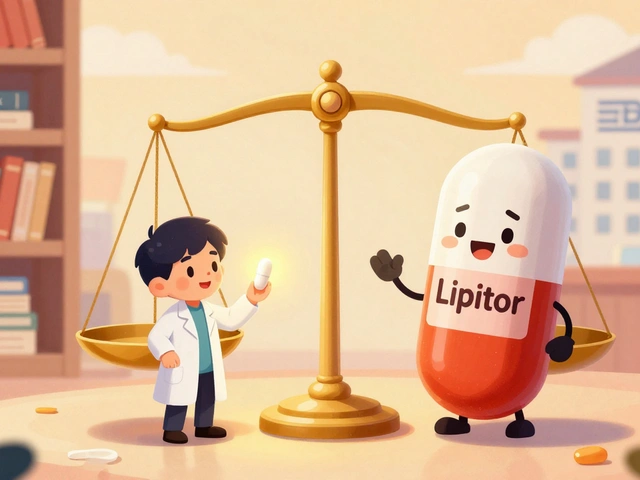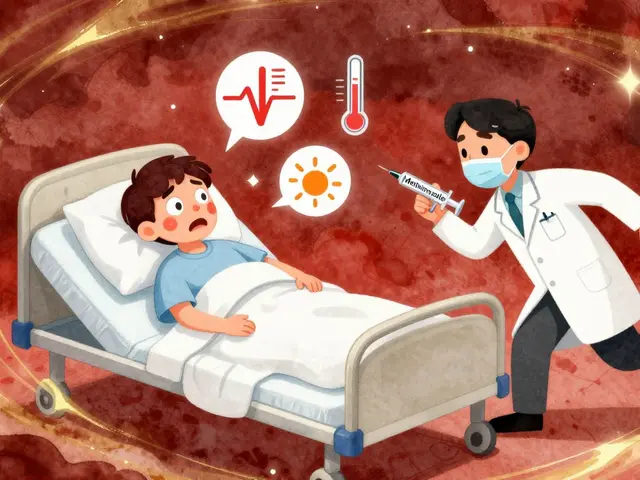
Alcohol Consumption: What You Need to Know for Safe Drinking
If you enjoy a drink now and then, knowing how alcohol works in your body can keep the fun from turning risky. This guide breaks down the key points without drowning you in medical jargon.
How Alcohol Affects Your Body
When you sip an alcoholic beverage, it’s absorbed into your bloodstream within minutes. Your liver then starts breaking it down, but it can only process about one standard drink per hour. Anything faster builds up a blood‑alcohol level that slows reflexes, clouds judgment, and can make you feel sick.
Short‑term effects include reduced coordination, slurred speech, and lower inhibition – the reasons people say they’re more outgoing after a few drinks. Long‑term, regular heavy drinking raises the risk of liver disease, heart problems, high blood pressure, and certain cancers. Even moderate daily drinking can add up over years.
One easy rule: if you need a double‑vision test to see straight, you’ve had too much. Knowing your personal limit helps keep evenings fun and mornings clear.
Alcohol Interactions with Common Medications
Mixing booze with meds is a big no‑no for many drugs. Alcohol can boost side effects or make the medication less effective. Below are some common categories to watch.
- Pain relievers (NSAIDs, acetaminophen): Adding alcohol raises stomach bleed risk and can strain your liver.
- Antidepressants and antipsychotics: Alcohol may intensify drowsiness, dizziness, or mood swings, making therapy harder.
- Blood thinners (warfarin): Even a small amount of alcohol can tip the balance and cause dangerous bleeding.
- Sleep aids and anti‑anxiety meds: Combining these with alcohol doubles sedation – you could pass out unexpectedly.
- Antibiotics: Some, like metronidazole, cause severe nausea or vomiting when mixed with alcohol.
If you’re unsure whether a prescription mixes safely with alcohol, ask your pharmacist or doctor. A quick check can save you from an avoidable emergency.
Practical Tips for Responsible Drinking
Here are easy habits that keep your drinking under control:
- Set a limit before you start. Decide on the number of drinks and stick to it.
- Pace yourself. Sip slowly – aim for one drink per hour.
- Stay hydrated. Alternate alcoholic drinks with water or non‑alcoholic beverages.
- Never drink on an empty stomach. Food slows alcohol absorption and reduces spikes.
- Know the standard drink size. In most places, that’s 12 oz beer (5% ABV), 5 oz wine (12% ABV), or 1.5 oz distilled spirit (40% ABV).
Remember, you don’t have to quit completely to stay healthy. Moderation is the sweet spot – usually up to one drink a day for women and two for men, according to most health guidelines.
When to Seek Help
If you find yourself drinking more than planned, feeling guilty about it, or using alcohol to cope with stress, it might be time to talk to a professional. Many resources are free and confidential, from phone helplines to local support groups.
Bottom line: enjoy your drink, but keep the risks in check. Understanding how alcohol works, watching out for medication interactions, and following simple safety habits will let you have a good time without compromising health.
-
16 May







